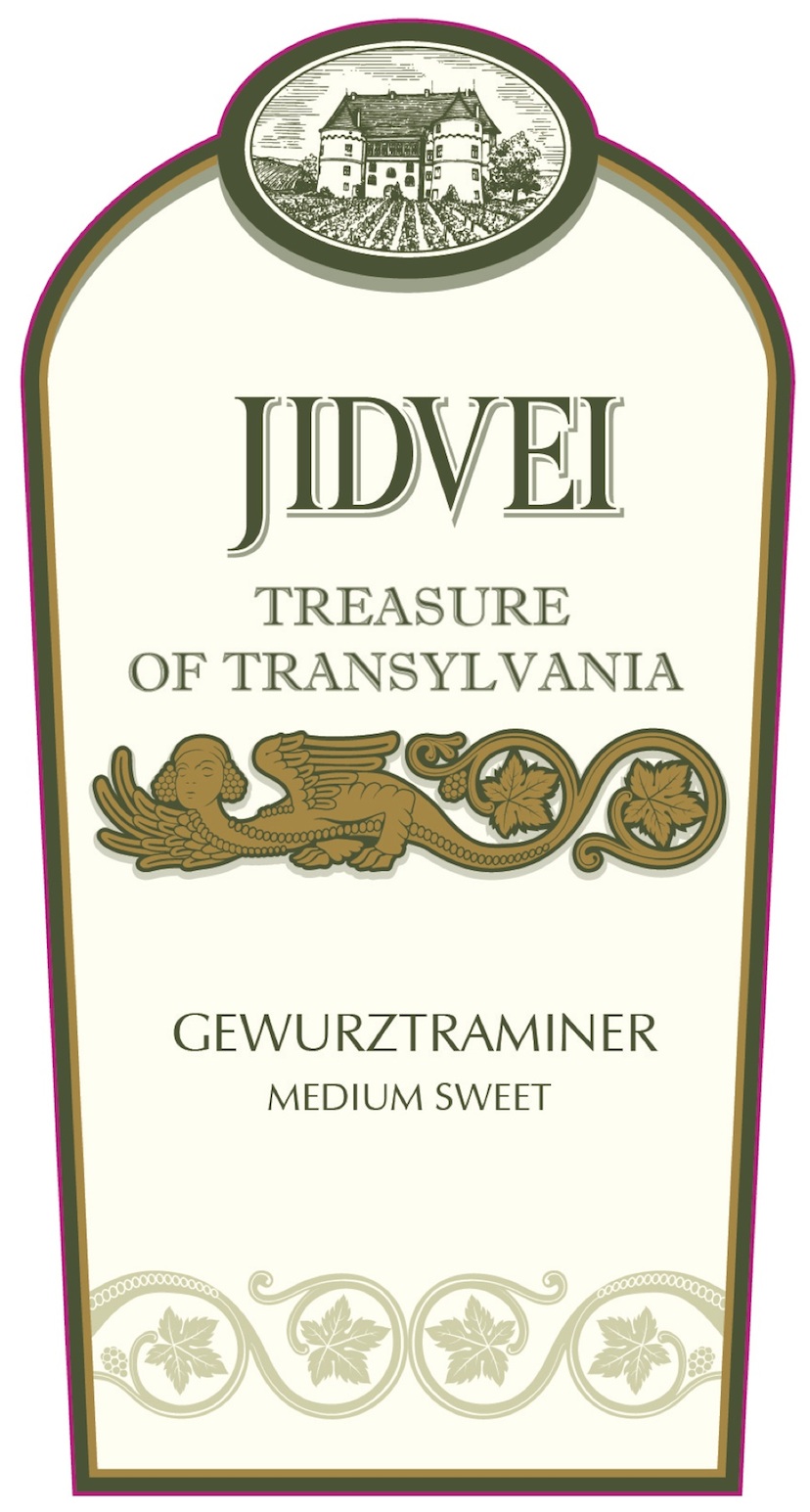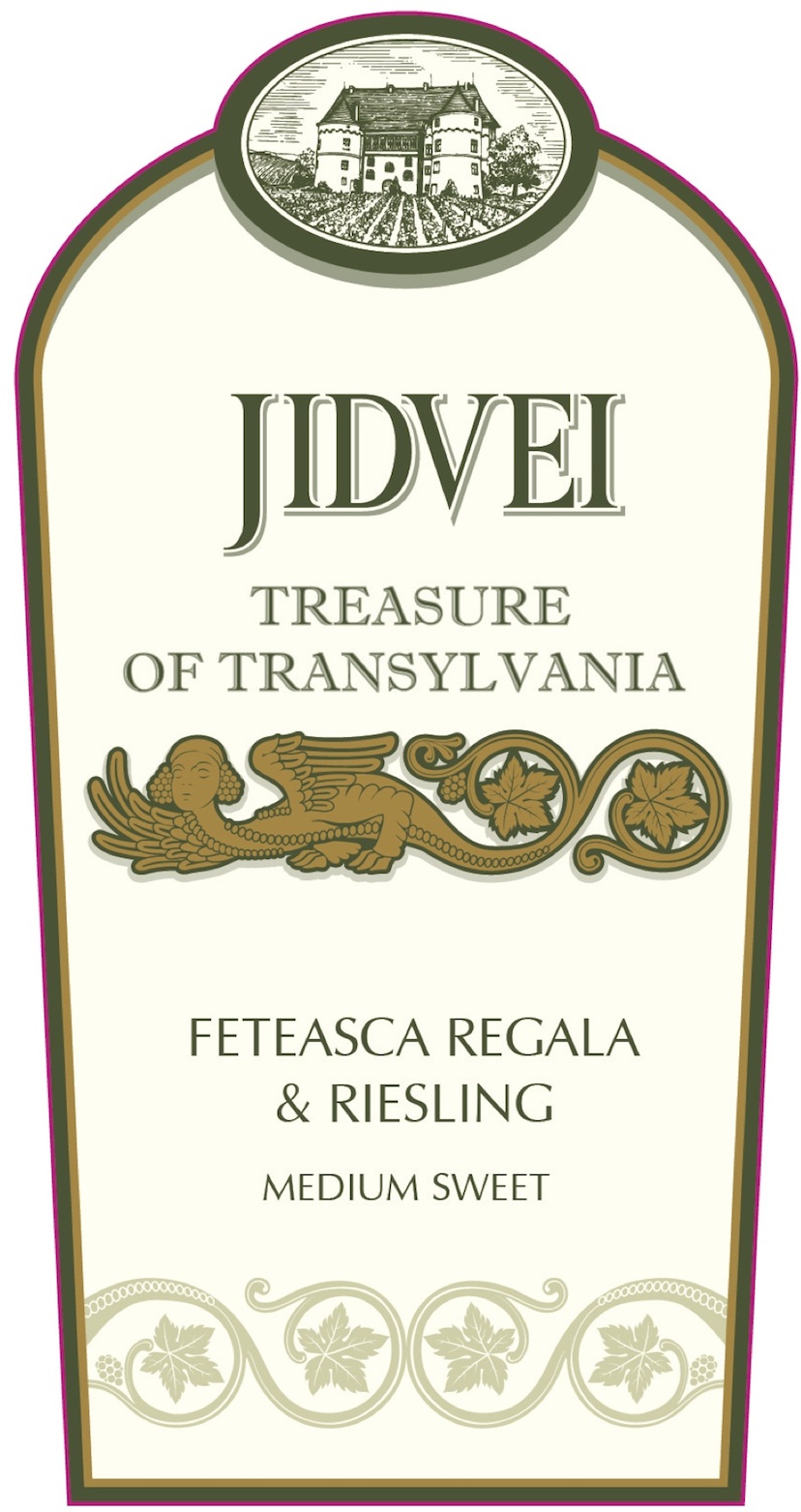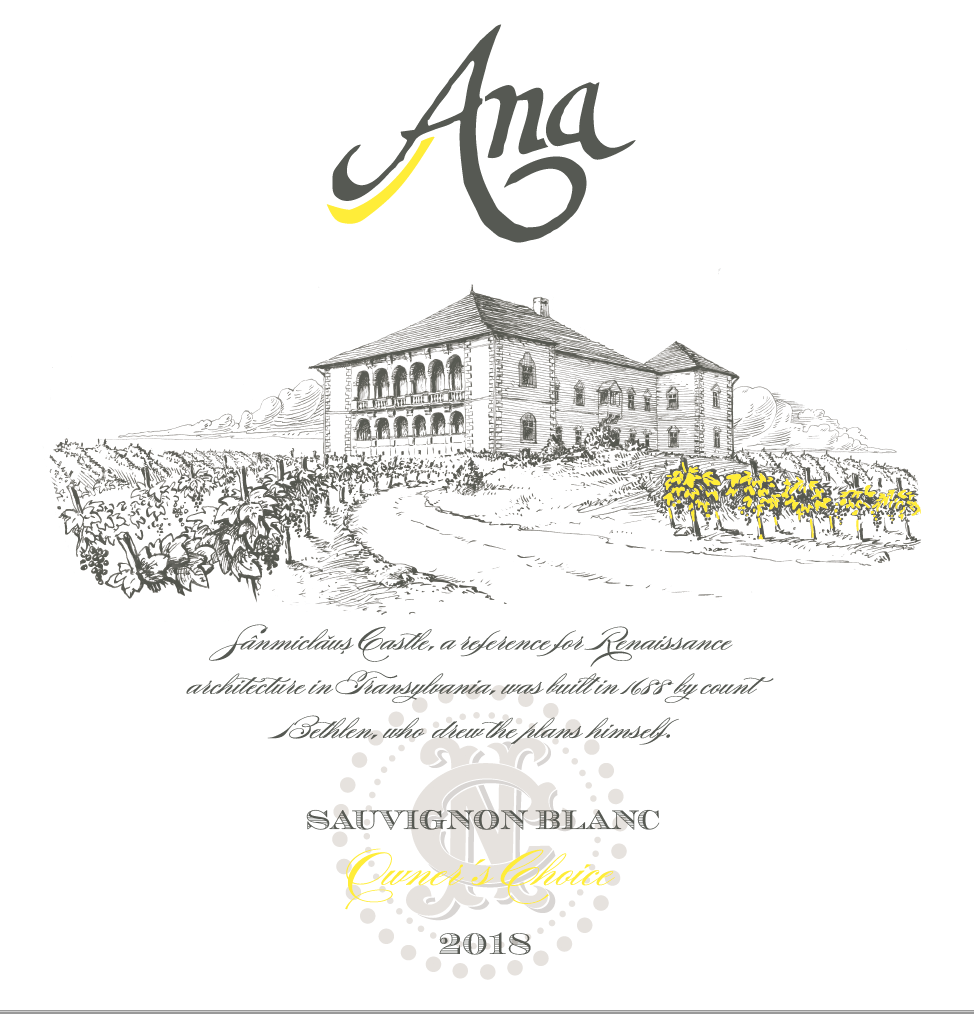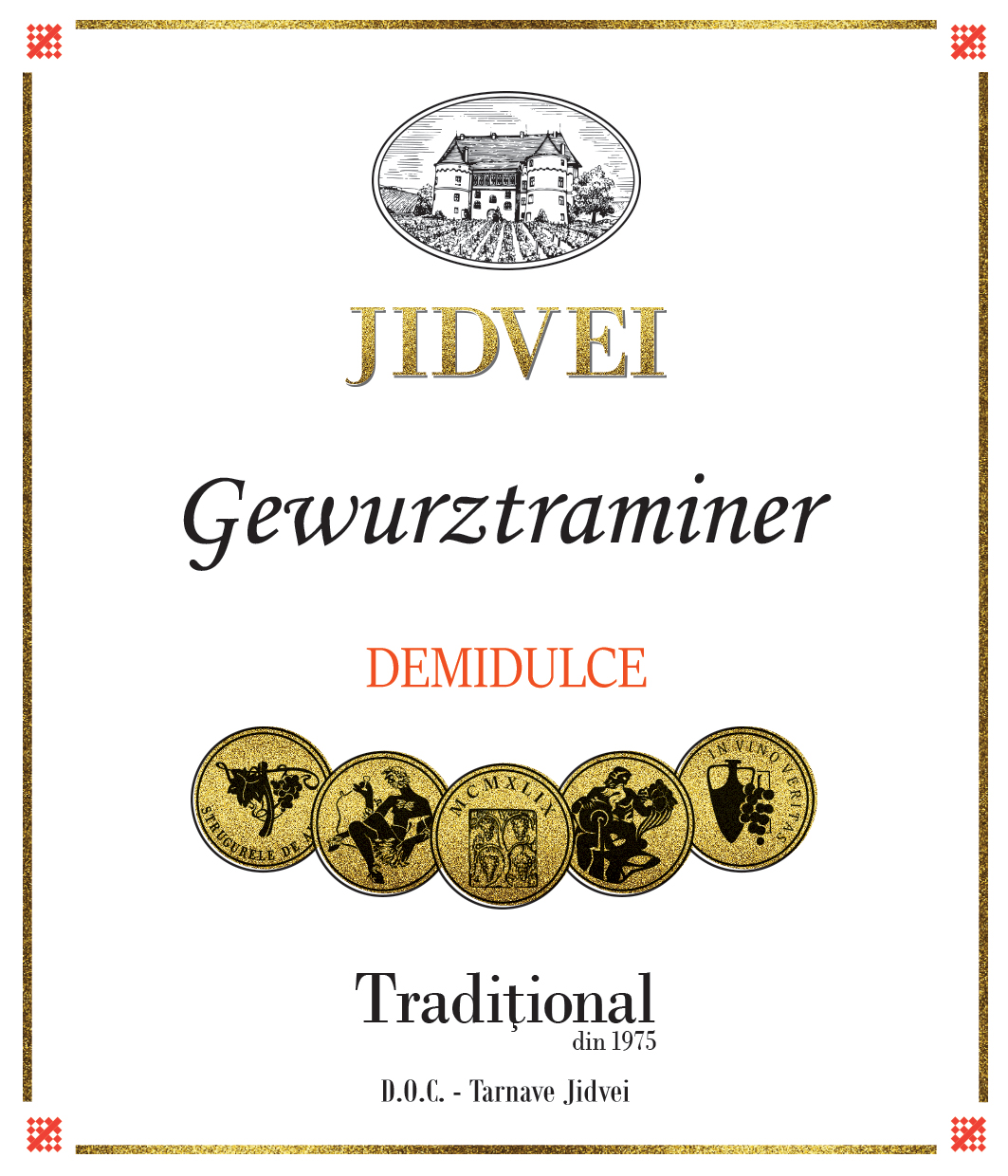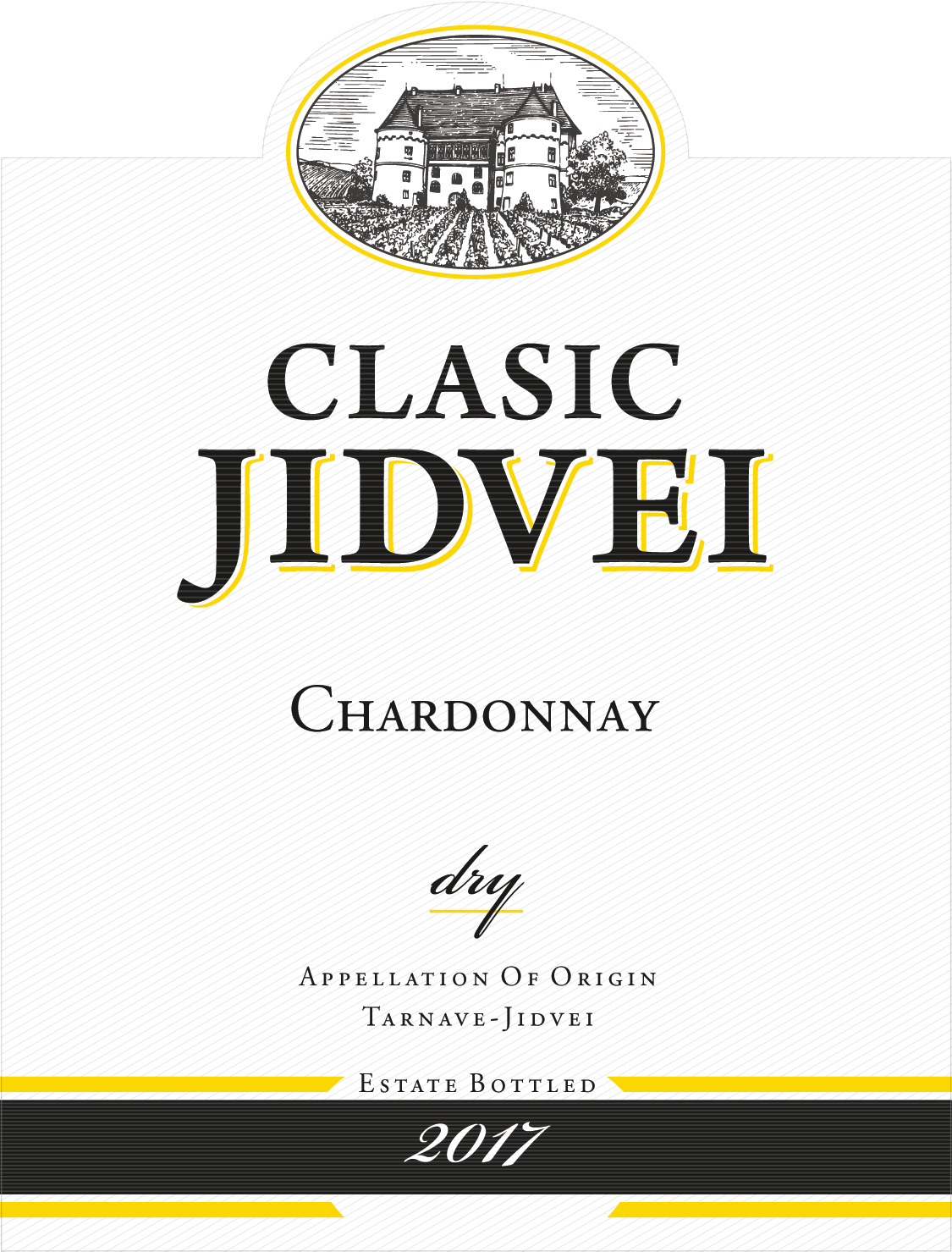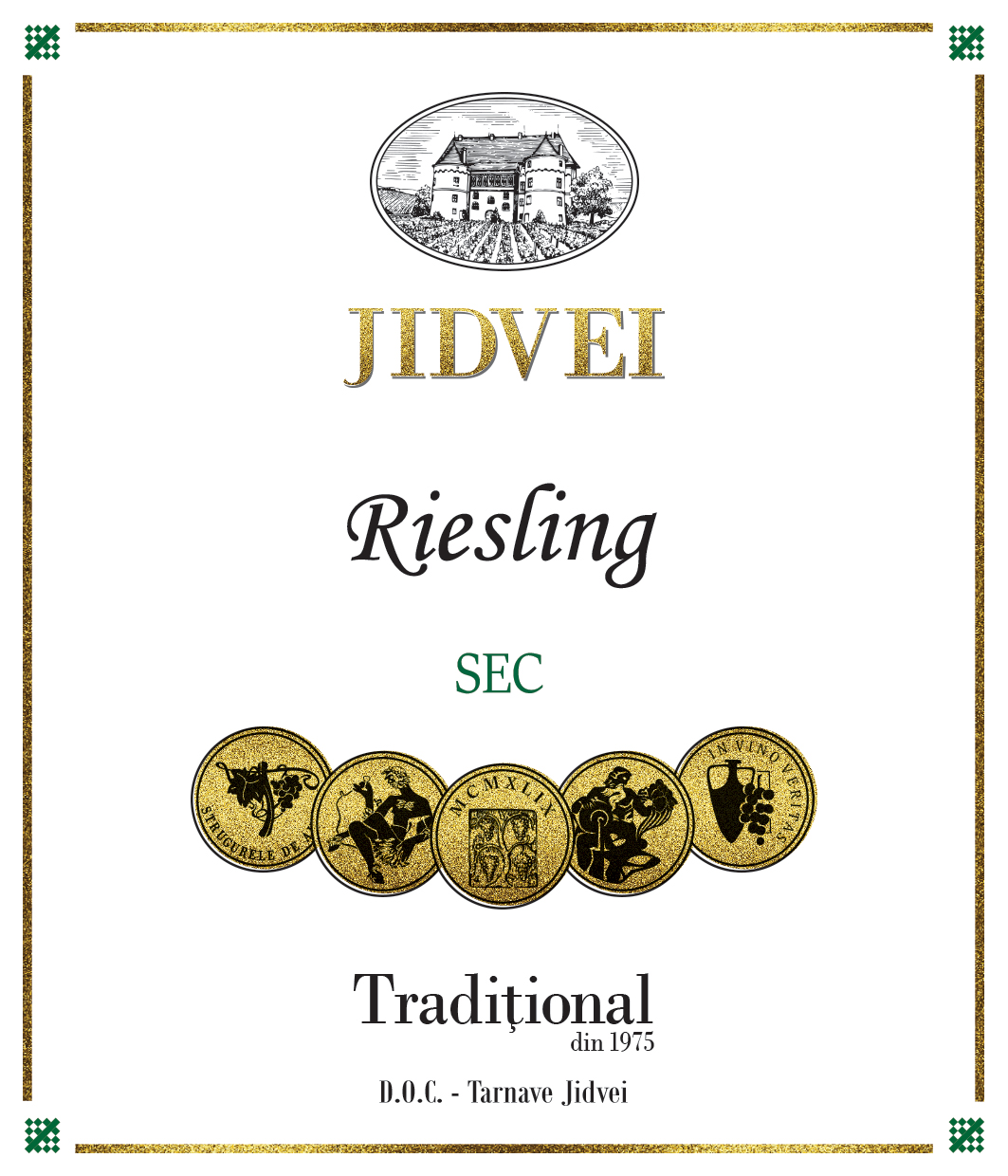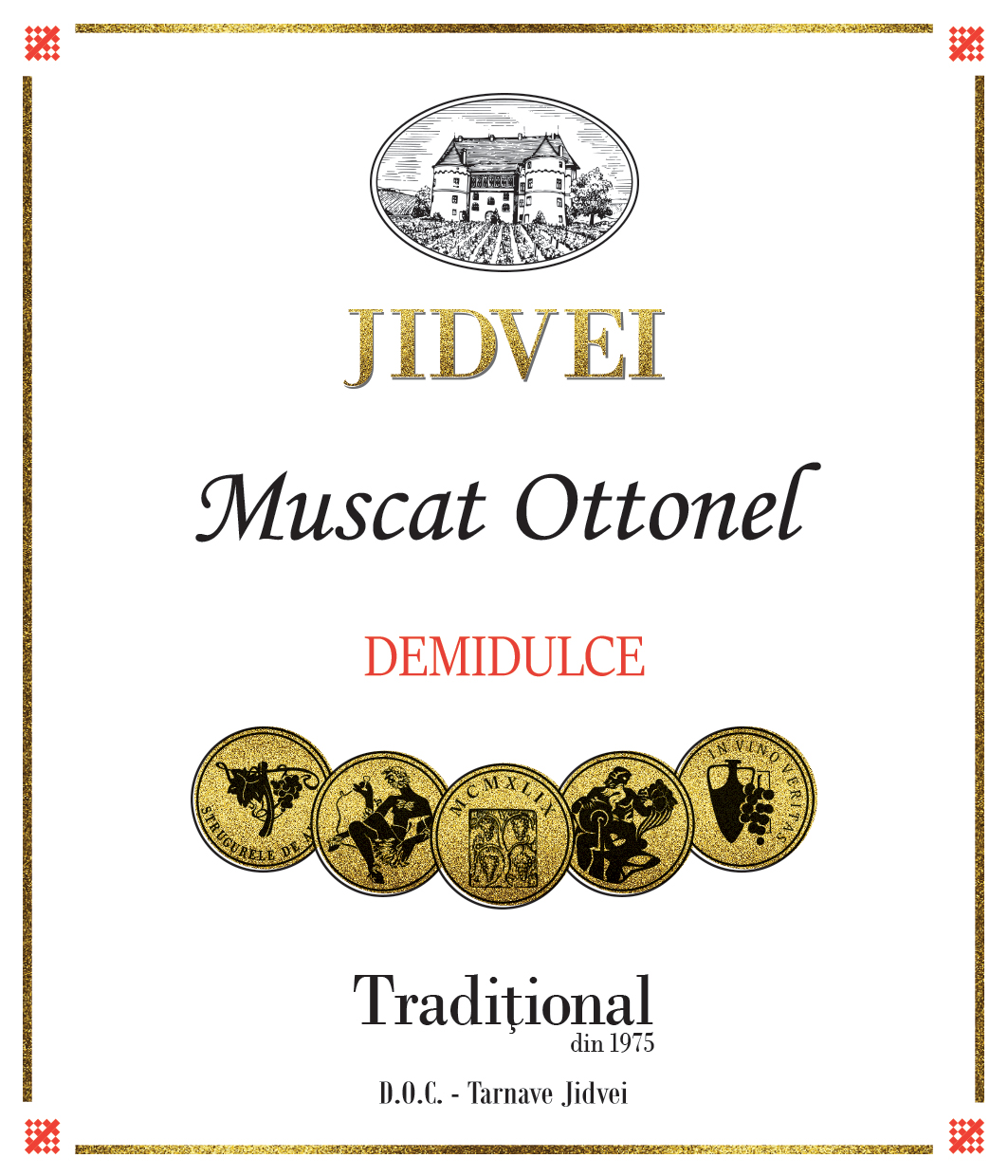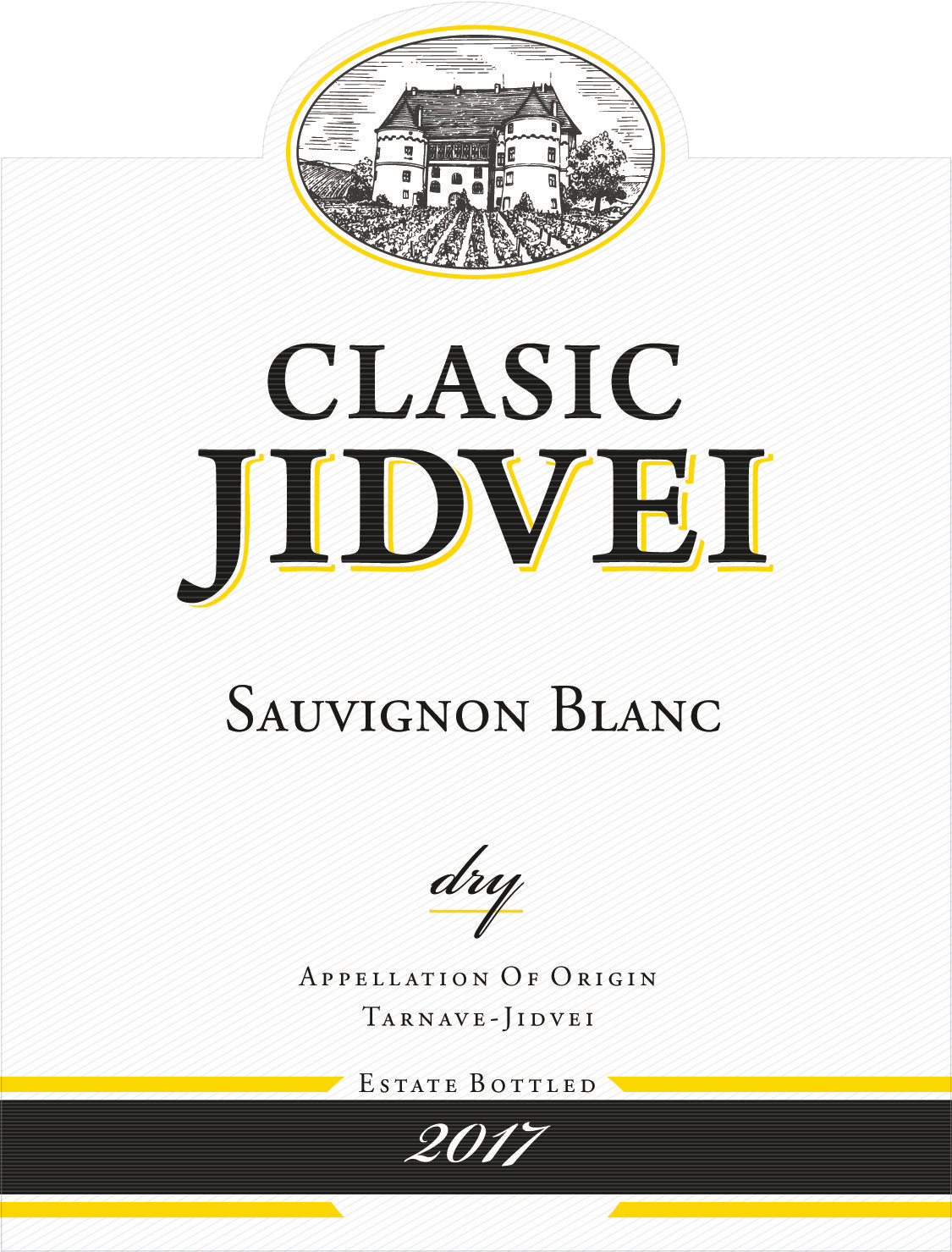Terroir of Tarnave
Positioned at elevations between 300 and 500 meters, Tarnave's vineyards benefit from a continental climate with warm summers and cool nights. This climate enhances the grapes' aromatic complexity while preserving their acidity. The Carpathian foothills shield the vineyards from harsh weather, creating ideal conditions for growing grapes. Long, sunny autumns allow grapes to mature slowly, developing balanced flavors.
The soil, mainly made of calcareous clay and marl, is rich in minerals and drains well. These soils are often found on terraces shaped by the Târnava rivers, ensuring good sun exposure and air flow.
Moderate rainfall means less need for irrigation and reduces the risk of disease. These conditions are perfect for producing aromatic white wines and increasingly complex reds.
Notable Wineries in Tarnave
In the heart of Transylvania, the Tarnave region is home to an array of distinguished wineries that reflect both its age-old traditions and innovative spirit. Leading the charge is Jidvei, Romania's largest wine producer, with more than 2,000 hectares dedicated to both quantity and quality. Known for the Castel Bethlen-Haller estate, Jidvei excels in sparkling wines and the DOC Jidvei label.
Villa Vinèa, a boutique winery established in 2004, offers a unique blend of Transylvanian terroir and Italian expertise, crafting elegant whites and reds along the Târnava Mică. Additionally, Domeniul Boieru near Blaj and Crama La Salina near Turda contribute to the region's rich diversity. These wineries together weave a tapestry of size, style, tradition, and innovation, showcasing the vibrant essence of Tarnave.
Sustainable Winemaking in Tarnave
Tarnave is embracing a sustainable future with innovative practices that respect its long winemaking history. Precision viticulture, with GPS-guided planting, is protecting the soil and optimizing vineyard layouts. By using weather data and decision-support systems, growers can apply treatments more accurately, minimizing chemical use. Natural techniques like leaf thinning and canopy management help reduce fungal risks, while grassy rows between vines prevent erosion and enhance biodiversity.
As temperatures rise, the region is gradually introducing red grape varieties, adapting to climate change. Some estates are exploring organic methods, focusing on efficient water use and harnessing renewable energy. These efforts ensure that Tarnave not only preserves its rich heritage but also secures a sustainable future for its vineyards and wines.
Wine Tourism in Tarnave
Wine tourism in Tarnave seamlessly blends history, culture, and nature, offering a rich experience for enthusiasts. Visitors can explore the grandeur of Castel Bethlen-Haller, where Jidvei hosts tastings and the lively Golden Grape Festival, celebrating Romanian traditions.
Outdoor lovers can enjoy the Jidvei Weinland Trails, which offer runs through scenic vineyards during the grape harvest. At Villa Vinèa, daily tours and tastings provide insights into winemaking against a backdrop of stunning landscapes. Nearby, family-run estates near Blaj offer intimate wine experiences.
The proximity to Sighișoara, a UNESCO World Heritage site, and the historic town of Blaj enhances the appeal of Tarnave, making it a perfect blend of cultural heritage, natural beauty, and genuine hospitality. This region's wine tourism highlights its commitment to tradition, innovation, and sustainability, ensuring a memorable journey through Transylvania’s winemaking heart.



